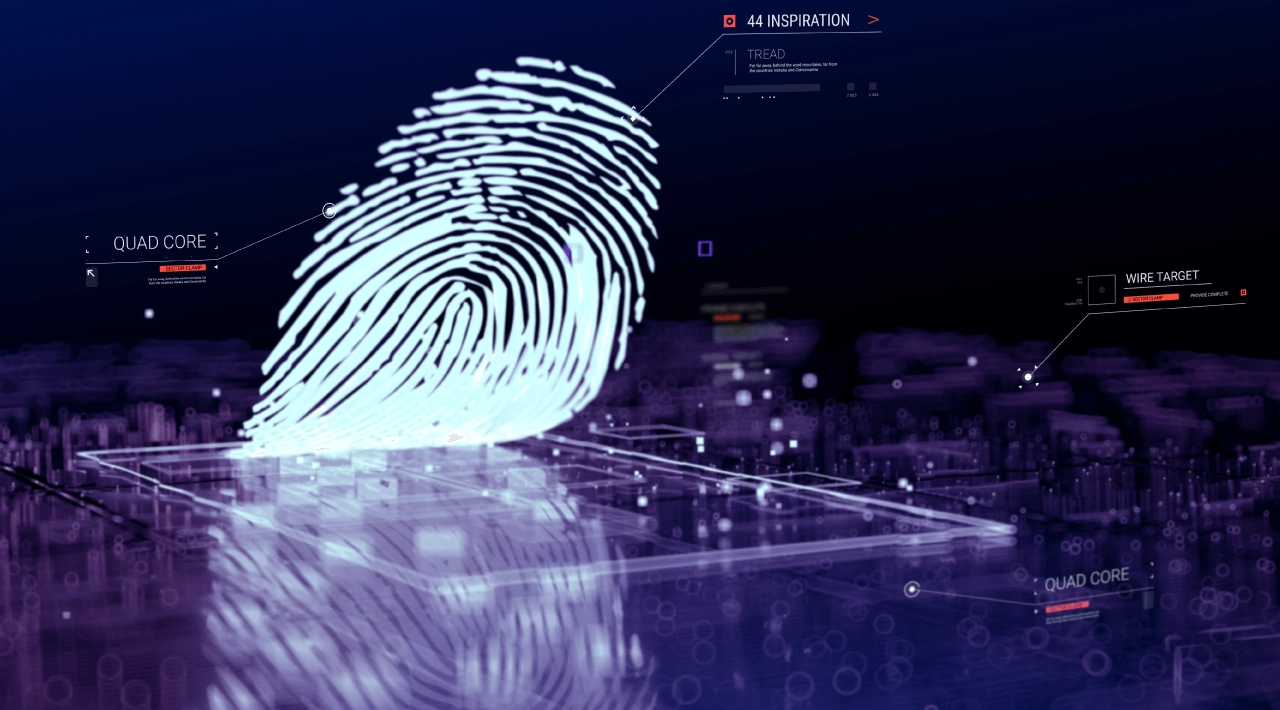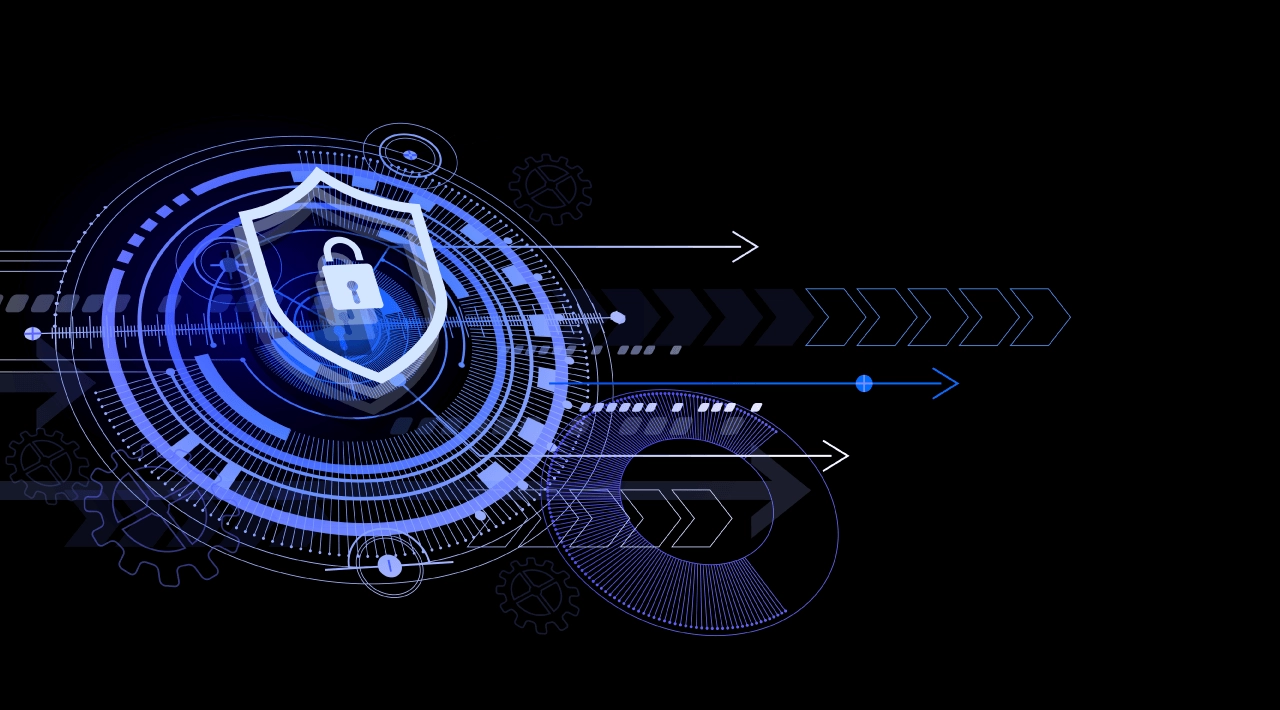Certifications and Regulatory Compliance: Security for Data Centers
Ensure your
Data Center complies with international and local
certifications and
regulations to guarantee the security and reliability of your operations.
Protecting Operations with Key Certifications
Companies need to comply with
local and
international regulations to avoid penalties and protect their reputation. Lacking the appropriate
certifications like
ISO 27001, SOC 2, or PCI-DSS can expose your organization to legal and financial risks. Furthermore, non-compliance with regulations can affect the
security and
reliability of your IT
infrastructure, consequently compromising operations and customer trust.
Protecting Infrastructure with International Regulations
Cirion Technologies’ solutions ensure your
Data Centers meet all necessary
certifications and
regulations, both
local and
international. Complying with standards like
ISO 27001, SOC 2, and PCI-DSS ensures your infrastructure is secure, reliable, and capable of protecting your company’s critical information. These certifications also help maintain customer trust and avoid potential penalties for non-compliance.
With our services, your company will be able to:
- Comply with ISO 27001 Certifications
- Protect infrastructure with SOC 2
- Ensure secure transactions with PCI-DSS
- Guarantee compliance with local regulations
- Improve reliability with international compliance
- Minimize legal and financial risks
- Reinforce customer trust
Comply with ISO 27001 Certifications
Ensure your
Data Center complies with
ISO 27001, consequently guaranteeing
information security and protecting your data against threats.
Protect Your Infrastructure with SOC 2
To ensure data
confidentiality and
availability in your IT infrastructure, implement the necessary measures to comply with
SOC 2.
Ensure Secure Transactions with PCI-DSS
Comply with
PCI-DSS to protect the
security of payment data, ensuring conformity in transactions and preventing fraud.
Guarantee Compliance with Local Regulations
Adapt your
infrastructure to
local regulations to avoid penalties and maintain
operations in compliance with current laws
Improve Reliability with International Compliance
Comply with
international regulations to ensure your
infrastructure is aligned with the highest global
security standards.
Minimize Legal and Financial Risks
Avoid penalties and protect your company’s reputation by complying with required
certifications, which reduces legal and financial risks.
Reinforce Customer Trust
To reinforce your customers’ trust in your IT infrastructure, ensure your company meets the strictest
standards of
security and
compliance.
Certifications and Regulatory Compliance in Data Centers: Key Aspects
- Compliance with International and Local Regulations: It is crucial for Data Centers to comply with relevant international and local regulations to ensure the security and integrity of their data. IT managers must verify that the Data Center is certified under regulations such as ISO 27001 for information security, PCI-DSS for credit card data, and GDPR for data protection in Europe. Compliance with these regulations ensures that the Data Center follows globally recognized security and privacy practices.
- Physical and Cybersecurity Certifications: Certifications related to physical and cybersecurity are essential to protect Data Center assets. Certifications like the TIA-942 standard ensure the Data Center meets infrastructure requirements, while certifications like SOC 2 and SOC 3 guarantee that appropriate security practices are followed for data protection and privacy. It is important that the Data Center demonstrates the implementation of rigorous physical access controls and advanced cybersecurity measures.
- Audit Requirements and Regular Assessments: Data Centers must undergo regular audits and assessments to maintain their certifications and comply with industry standards. IT managers should ensure that the Data Center conducts periodic internal and external audits to verify ongoing compliance with regulations, as well as to identify and mitigate potential vulnerabilities.
- Compliance Documentation and Reports: It is fundamental that the Data Center provides detailed documentation and reports regarding its regulatory compliance. This documentation should include audit reports, compliance certificates, and details about the policies and procedures followed to ensure data security and privacy. IT managers should review this documentation to ensure the Data Center meets all necessary requirements.
- Adaptability to Regulatory Changes: Regulations and standards can change over time, and it is important that the Data Center can adapt to these changes effectively. IT managers should evaluate how the Data Center handles regulatory updates and implements changes in its policies and procedures to remain compliant with new regulations. This includes staying informed about changes in local and international laws that may affect the Data Center’s operation.
Frequently Asked Questions about Certifications and Regulatory Compliance in Data Centers
What security and compliance certifications does the Data Center hold, and how do they guarantee data protection?
The Data Center holds various security and compliance certifications, including ISO 27001, SOC 2, and PCI-DSS. These certifications ensure that the Data Center meets international standards for information security management, privacy, and data protection.
The ISO 27001 certification guarantees the implementation of an information security management system (ISMS), while SOC 2 assesses security, availability, processing integrity, confidentiality, and privacy of data. PCI-DSS ensures the Data Center meets requirements to protect payment card information. These certifications are periodically evaluated and updated to ensure continuous data protection.
How often are audits and assessments conducted to ensure ongoing compliance with regulations?
Knowing the frequency of internal and external audits and how the Data Center ensures continuous compliance with regulations is key.
Audits and assessments are conducted regularly to ensure ongoing compliance with regulations. Certifications like ISO 27001 and SOC 2 require annual audits by accredited external entities. These audits review the implemented controls and procedures to ensure the Data Center meets the standards. Additionally, periodic internal assessments are performed, allowing potential risks to be identified and mitigated.
What type of documentation and reports does the Data Center provide to demonstrate its regulatory compliance?
Examine available documentation, such as audit reports and compliance certificates, to confirm the Data Center follows regulatory practices.
The Data Center offers a wide range of documentation and reports, including compliance certificates, audit reports, and risk assessments. These documents demonstrate that the Data Center has been evaluated by external auditors and complies with established regulations. Reports, such as those for ISO 27001, SOC 2, and PCI-DSS, are available to companies interested in verifying regulatory compliance.
How does the Data Center handle changes in regulations and standards, and how does it adapt to new laws?
The Data Center has an ongoing process to monitor and adapt to changes in regulations and standards. This process includes updating internal policies and procedures to align with new local and international laws and regulations. Additionally, work is done with specialized consultants and auditors, ensuring regulatory changes are implemented appropriately and promptly.
What specific physical and cybersecurity measures are implemented to protect data and facilities?
Evaluating physical security measures, such as access controls and surveillance, and cybersecurity practices, like firewalls and intrusion detection systems, ensures adequate data protection.
The Data Center employs a robust set of physical and cybersecurity measures to guarantee the protection of data and facilities. Physical measures include restricted access controls, 24/7 video surveillance, and protection against fire and disasters. Regarding cybersecurity, advanced firewalls, intrusion detection systems, data encryption, and constant network monitoring are used. These measures provide comprehensive defense against both physical and cyber threats, ensuring information security and integrity.
The Most Important Data Center Certifications
- ISO/IEC 27001
International standard specifying requirements for establishing, implementing, maintaining, and improving an information security management system (ISMS). Ensures data protection through the implementation of appropriate security controls.
- ISO/IEC 27017
Provides guidelines for cloud security, focusing on data protection in cloud computing environments, for both providers and users.
- ISO/IEC 27018
Standard establishing guidelines for the protection of personal data in the cloud, ensuring privacy and management of personal data in the public cloud.
- PCI-DSS (Payment Card Industry Data Security Standard)
Set of standards designed to protect payment card information. Applies to any entity that handles, stores, or transmits credit card data.
- SOC 1 (System and Organization Controls 1)
Report evaluating internal controls related to the security and confidentiality of financial information.
- SOC 2 (System and Organization Controls 2)
Report evaluating a Data Center’s internal controls based on the principles of security, availability, processing integrity, confidentiality, and privacy.
- SOC 3 (System and Organization Controls 3)
Report similar to SOC 2 but intended for a broader audience, with a public summary of the Data Center’s security controls.
- Uptime Institute Tier Certifications
Infrastructure classification system based on a Data Center’s ability to maintain availability and redundancy, with levels ranging from Tier I (basic) to Tier IV (fully redundant).
- TIA-942
Standard specifying requirements for Data Center infrastructure; includes design, construction, and operation, covering telecommunications, architecture, and electrical standards.
- Green Building Standards (LEED)
Certification evaluating a building’s environmental performance, including energy use, water, materials, and impact on occupant health and comfort.
- BICSI 002
Standard providing guidelines for the design and implementation of information technology infrastructure systems in Data Centers.
- ISO 50001
Standard for energy management that helps Data Centers improve their energy efficiency and reduce operating costs.
- CSA STAR (Cloud Security Alliance Security, Trust & Assurance Registry)
Registry providing a level of transparency regarding the security controls of cloud service providers.
- FISMA (Federal Information Security Management Act)
U.S. standard requiring federal agencies to implement a security program to protect sensitive information.
- HIPAA (Health Insurance Portability and Accountability Act)
U.S. standard regulating the protection of personal health information, applicable to Data Centers handling health data.
International Standards a Data Center Must Comply With
- ISO/IEC 27001
Establishes an information security management system (ISMS) to protect data and ensure information integrity and confidentiality.
- ISO/IEC 27017
Provides guidelines for cloud computing security, applicable to data protection in cloud environments.
- ISO/IEC 27018
Focuses on the protection of personal data in the cloud, ensuring compliance with privacy laws.
- PCI-DSS
Standard for protecting credit card information through the implementation of specific security measures.
- TIA-942
Defines infrastructure requirements for the construction and operation of Data Centers to ensure service performance and availability.
Main Latin American Country Standards a Data Center Must Comply With
- General Law for the Protection of Personal Data in Brazil (LGPD)
Regulates the processing of personal data in Brazil, similar to Europe’s GDPR, applicable to Data Centers handling data of Brazilian residents.
- Federal Law on Protection of Personal Data Held by Private Parties in Mexico (LFPDPPP)
Regulates the processing of personal data in Mexico, applicable to Data Centers processing data of Mexican citizens.
- Personal Data Protection Law in Argentina (Law 25.326)
Regulates the handling and protection of personal data in Argentina, applicable to Data Centers operating in the country.
- Data Protection Law in Colombia (Law 1581 of 2012)
Regulates the protection of personal data in Colombia; establishes guidelines for the secure handling of information.
- Law on the Protection of Private Life in Chile (Law 19.628)
Regulates the protection of personal data in Chile, applicable to Data Centers handling data of Chilean citizens; establishes guidelines for information protection.








